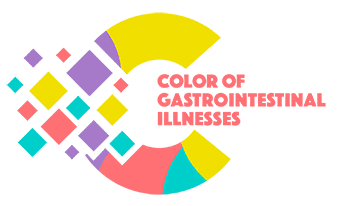While January is National Blood Donor Month, the critical need for blood donation is ongoing.
January is usually a time where blood shortages are the highest. This is due to the winter months experiencing higher rates of illnesses like colds and flu along with the holidays.
A person donating blood is not just saving one life but can save multiple lives because a donation of blood can be separated into four components.
Types of blood donations:
Whole Blood Donations – most flexible and can be used in its original form. It can also be broken down into other components; red blood cells, plasma, platelets. This donation is given to trauma patients and patients undergoing surgery.
Power Red Donations – separates your red blood cells and safely returns your plasma and platelets to you. This type of donation is given to newborns, trauma patients, emergency transfusions during birth, sickle patients and anyone experiencing blood loss. The ideal blood types for this are O positive, O negative, A negative, B negative.
Platelet Donations – platelets form clots when there is a cut or open wound and stops the bleeding. It is also used for cancer patients and other life threatening illnesses and injuries. A platelet donation involves collecting platelets and returning red blood cells and plasma to the donor. Ideal blood types are A positive, A negative, B negative, O positive, AB positive, AB negative.
Plasma Donations – Plasma is used for patients in an emergency situation to include trauma to stop the bleeding and can be given to any blood type. The collection of plasma is taking the blood and separating it from the red blood cells and platelets, giving them back to the donor. Ideal blood types are AB positive and AB negative.
Blood Donation Requirements
An individual looking to donate blood must be healthy, at least 17 years of age, and a minimum of 110 pounds. Individuals at age 16 can donate with parental consent.
Donation employees will ask a series of questions to ensure that you are eligible to donate blood. There is a list of medications, symptoms, and other criteria that may prevent someone from being an eligible donor. Donation sites will provide a list of that criteria.
Common blood types such as O positive and A positive are constantly needed but all blood types are needed. Less than 5 percent of the eligible population donates blood which constantly leaves blood banks in need of donations.
Consider donating blood if you are eligible. There are several donation centers around the country. Your donation could save a life.

